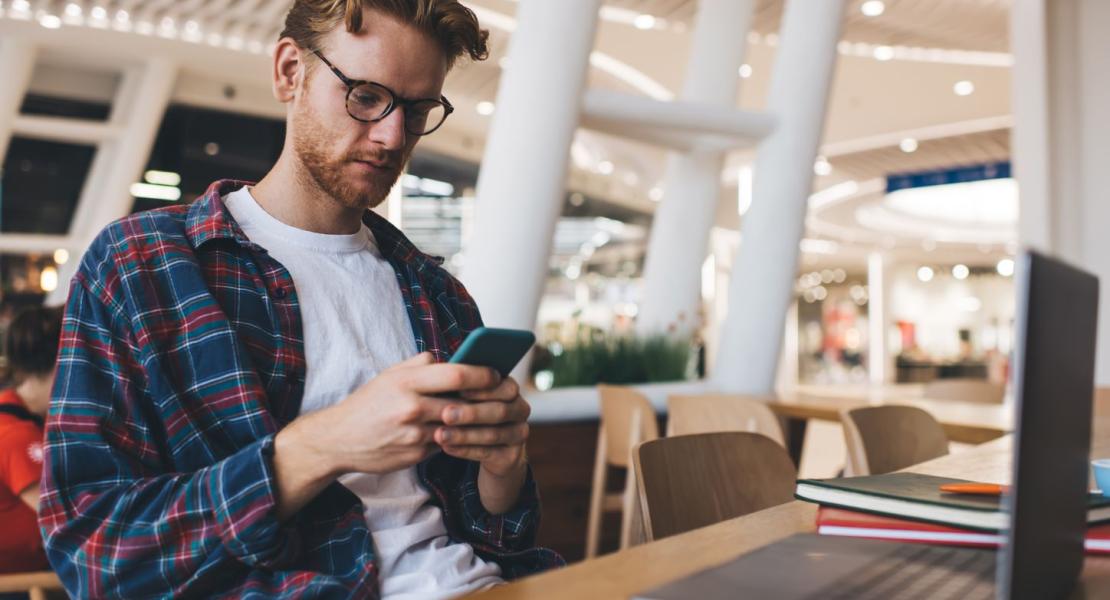Protecting Your Data on Public Wi-Fi
Whether you're checking emails at a Charlottetown café, booking a cottage in Cavendish, or scrolling social media while waiting for the ferry in Wood Islands, public Wi-Fi is convenient—but it’s not always secure. Without the right precautions, using public networks can put your personal information at risk.
Here’s what Islanders need to know to stay safe while staying connected.
Why Public Wi-Fi Can Be Risky
Public Wi-Fi networks are often open and unencrypted, which means anyone nearby can potentially intercept your data. It’s surprisingly easy for someone to set up a fake hotspot that looks like a legitimate network—like “CoffeeShop_WiFi” or “FreeAirportWiFi”—to trick people into connecting.
Once connected, attackers can:
- Intercept your login details or personal messages
- Install malware on your device
- Monitor your browsing activity
Even something as simple as logging into your email or checking your bank balance can expose sensitive information if you're not careful.
How to Stay Safe on Public Wi-Fi
Here are some practical steps you can take to protect your data:
- Use a Virtual Private Network (VPN): A VPN encrypts your internet connection, making it much harder for anyone to see what you're doing online. It’s especially useful when working remotely from a local café or library.
- Avoid Accessing Sensitive Accounts: Try not to log into banking, health, or work accounts while on public Wi-Fi. If it can wait until you're on a secure connection at home, it’s best to hold off.
- Turn Off Auto-Connect: Disable automatic Wi-Fi connections on your device. This prevents your phone or laptop from connecting to unknown networks without your knowledge—like when you're walking through downtown Charlottetown or exploring Victoria Park.
- Use HTTPS Websites: Before entering any personal information, make sure the website address starts with “https://”. This means the site is using encryption to protect your data.
- Keep Your Software Updated: Outdated apps and operating systems can have security flaws. Regular updates help close those gaps and keep your device protected.
- Enable Two-Factor Authentication (2FA): Even if someone gets your password, 2FA adds an extra layer of protection. It’s a simple step that can make a big difference.
Tips for Families and Youth
Many young people in PEI use public Wi-Fi at schools, libraries, and community centres. But they may not always understand the risks.
Parents and educators can help by:
- Teaching kids to avoid logging into important accounts on public networks
- Encouraging the use of VPNs or mobile data for sensitive tasks
- Using resources like Cyber Safe Care PEI and MediaSmarts to build digital literacy and safe online habits
Conversations about online safety are more important than ever - especially as kids spend more time connected.
Everyday Privacy Habits
From the Be Safe Online guide, here are a few more ways to protect your privacy, even when you're not on public Wi-Fi:
- Review your social media privacy settings regularly
- Limit public sharing of personal details like your phone number or location
- Be cautious with third-party apps and online quizzes—they often collect more data than you realize
- Check app permissions and remove access for apps you no longer use
Final Thoughts
Public Wi-Fi is a helpful tool, especially for Islanders on the go. Whether you're a student at UPEI, a small business owner in Summerside, or a visitor enjoying the Island’s scenic spots, a few simple precautions can help you stay safe online.
For more cybersecurity tips and tools, visit:
- Get Cyber Safe – Canada’s official cybersecurity awareness campaign.
- BC Cyber Security Awareness – Government of British Columbia’s cybersecurity initiatives.
- Ontario Cyber Security – Learn about cybersecurity in Ontario and how to stay safe online.
- Cyber Security Ontario – A dedicated hub for cybersecurity best practices and training.
- Alberta Digital Literacy – Resources to enhance digital literacy skills in Alberta.

